(M)oral Torah
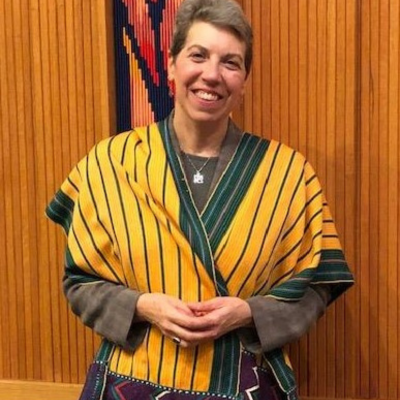
Ekev: Seeking a Greater Wholeness Through Civilian Oversight
It is indisputable that there is serious, ongoing, and systemic racism in the institution of American law enforcement.
more
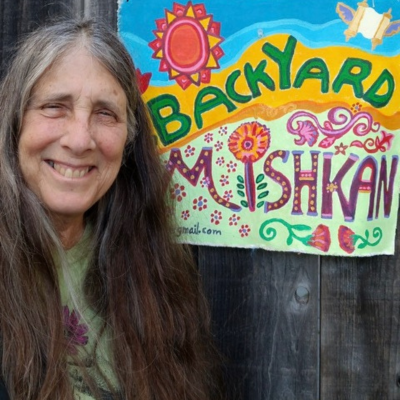
Tisha B’Av: Making Reparations after Churban
It is not enough to mourn. Mourning must be accompanied by actions that end the harm being done.
more
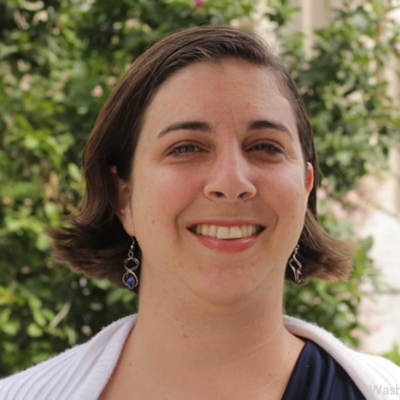
Devarim: The Rights and Responsibilities of the Diaspora
Israel is too important for us to throw up our hands and turn away, just because it feels like we’re losing. Israel needs us and we need them.
more

Matot-Masei: Seeing the Good Through the Lens of Our Own Identities
...let us strive to learn from Zelophechad’s daughters, seeking good wherever we can find it.
more

Pinchas: Finding God in Moments of Despair
We find in our tradition that God dwells not in the destruction, but in the moment right before rebuilding.
more
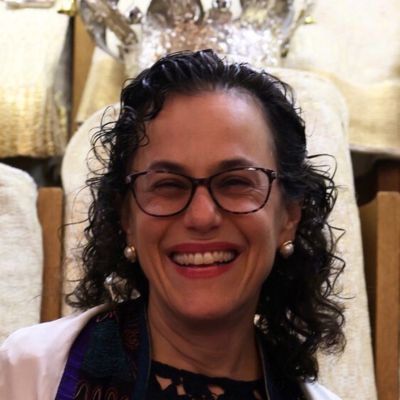
Chukat-Balak: Seeing Ourselves Through the Eyes of Others
I like to imagine that Balaam’s words changed us and shook us out of our complaining so that we could see ourselves in a fresh way.
more

Korach: Holding onto Hope for Korach
When we escalate from anger to contempt, to what 19th century philosopher Arthur Schopenhauer described as “the unsullied conviction of the worthlessness of another,” we move our gaze from a person’s actions to their individuality, their personhood.
more

Sh’lach-Lecha: One Small Step, One Giant Leap
...if we want the soil of our land to live up to our hopes for it, we must hold to our faith — whether that is in God, in the land itself, or, in our case, the conviction of the cause(s) we are working for — and believe that we will reap the fruits of our labor.
more
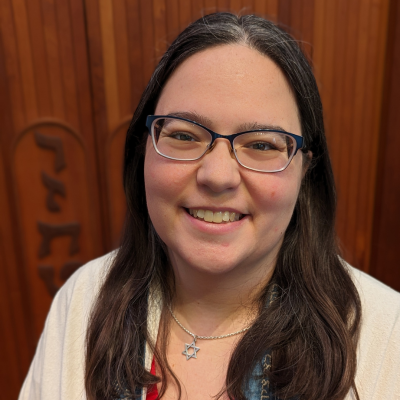
Beha’alotecha: Keeping the Fire Lit: Book Bans and Human Rights
The lights of the menorah in the Mishkan, and in the Temple, led to the ner tamid (eternal light) in our sanctuaries, and to our understanding that each one of us is a light too.
more
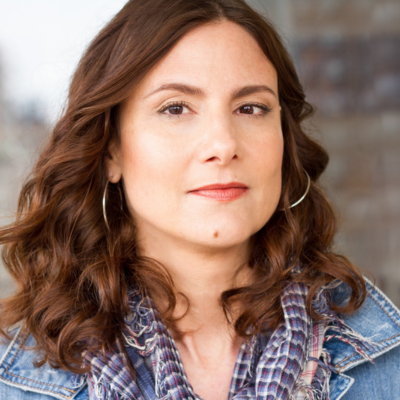
Naso: “And the Woman Shall Say: ‘Amen, Amen’”
...being in Israel over the last several months has shown me almost daily how easy it is to defile something that’s important to us because of zealotry and jealousy.
more
